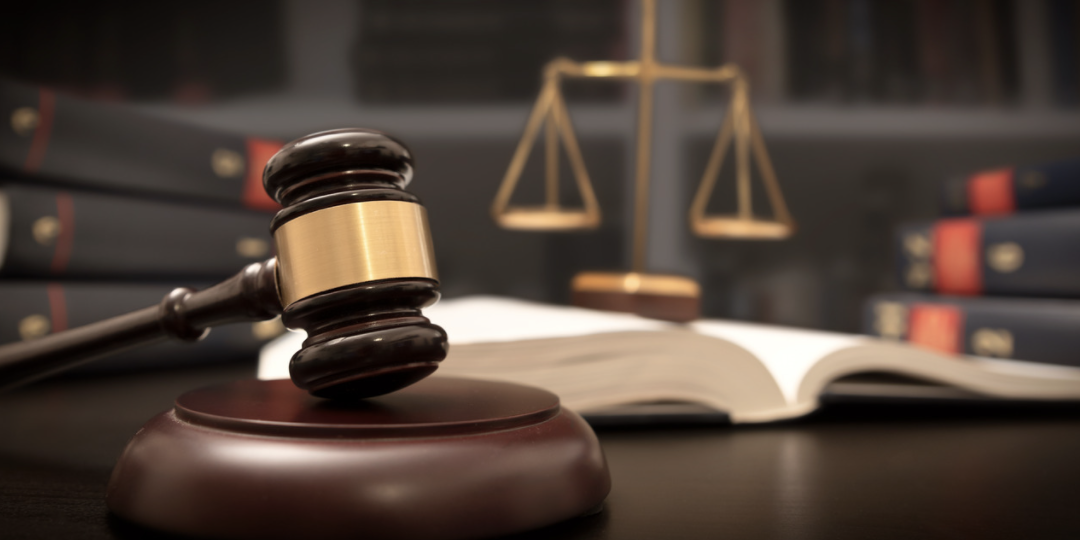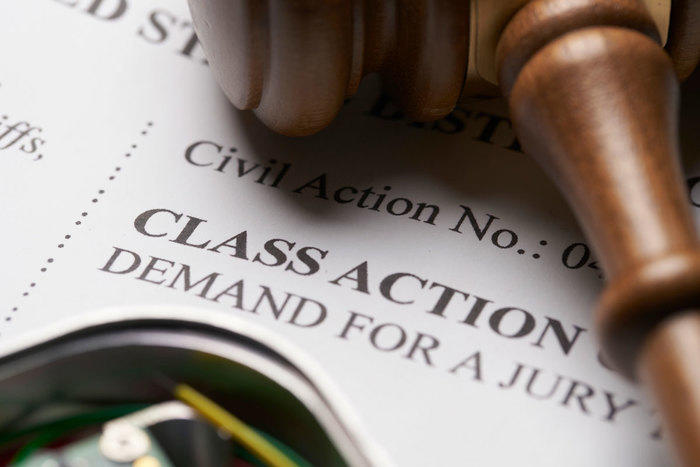Collective Justice: The Power and Process of Class Action Lawsuit Claims
Wiki Article
Key Elements to Consider in Course Action Lawsuits: Insights for Lawyers
Class activity suits can be complex and challenging for legal representatives to browse. From class certification needs to problems calculations and settlement negotiations, there are several vital factors that need to be thoroughly taken into consideration. Comprehending these variables and their ramifications is important for attorneys aiming to efficiently represent their customers in course action claims. By delving right into the ins and outs of class activity lawsuits, this conversation aims to supply beneficial insights for attorneys seeking to navigate this detailed legal landscape.Course Qualification Requirements
To continue with a course activity claim, lawyers must navigate through a series of rigid class accreditation requirements. Class accreditation is a vital phase in the litigation procedure that figures out whether a team of complainants can be accredited as a class and continue with their insurance claims jointly. These needs offer to make certain that class activities are appropriate and reliable systems for resolving disagreements entailing countless complainants.Among the key demands for course accreditation is numerosity. This criterion requires that the course be so various that joinder of all participants is unwise. While there is no set mathematical threshold, courts normally consider a class with greater than 40 participants as completely various. Additionally, commonness is an additional important consider course qualification. It requires that there are concerns of law or fact usual to the class, which should predominate over individual issues.
Adequacy of representation guarantees that the reps will relatively and effectively safeguard the passions of the course participants. A class action have to additionally please the requirement of superiority, indicating that a course activity is an exceptional approach for adjudicating the disagreement compared to other readily available techniques.
Navigating through these class qualification needs can be complicated and difficult for lawyers. Understanding and conference these requirements are necessary to effectively pursue a course action claim on behalf of a group of complainants.

Commonality of Cases
The following essential aspect to take into consideration in the course qualification process is the commonness of claims among the plaintiffs. Commonality describes whether the course participants share comparable legal problems and concerns of fact that can be settled collectively. To put it simply, it is required to establish if there prevail inquiries of regulation or reality that are main to the litigation which predominate over any kind of individual concerns.To establish commonness, the complainants need to show that there are accurate or legal issues that prevail to the entire class. This can be achieved by identifying a common program of conduct or an usual lawful concept that underlies the cases (Class action lawsuit). The existence of typical questions is necessary due to the fact that it advertises judicial effectiveness and economic climate by allowing a single decision to settle the problems for the whole class
Nonetheless, it is necessary to keep in mind that the commonness demand does not demand that all the individual claims equal. Distinctions in damages or individual circumstances do not necessarily defeat commonality if there are still typical questions that bind the course together.

Damages Calculations
One crucial aspect to take into consideration when calculating problems in class action legal actions is the accurate assessment of economic losses sustained by the class participants. In order to establish the proper amount of compensation, it is necessary to assess the degree of harm endured by each person within the class. This can be a complicated job, as it requires an extensive analysis of different aspects, such as the nature and duration of the harm, the financial effect on the impacted people, and any kind of other relevant factors to consider.When analyzing monetary losses, it is very important to consider both the direct and indirect problems experienced by the course members. Direct damages refer to the real out-of-pocket costs incurred as a result of the accused's activities. These might include medical bills, property damage costs, or any type of other concrete economic losses. On the other hand, indirect problems encompass the intangible losses that are harder to quantify, such as psychological distress, loss of online reputation, or reduced high quality of life.
To determine damages accurately, legal representatives must collect extensive proof, consisting of financial documents, professional viewpoints, and testaments from the class participants. They may additionally require to engage monetary and economic experts that can give insights right into the lasting monetary ramifications of the damage suffered.
Negotiation Settlements
During negotiation arrangements, attorneys need to participate in critical and cautious conversations to get to a mutually agreeable resolution for all parties involved in the class activity suit (Class action lawsuit). Settlement settlements are a vital stage in the lawsuits procedure, where the celebrations try to reach a compromise without going to test. These negotiations need lawyers to use their settlement abilities, legal expertise, and understanding of the situation's weak points and toughnessOne important variable to think about during negotiation arrangements is the potential risks and expenses connected with proceeding to trial. Lawyers have to very carefully evaluate the probability of success at test and weigh it against the prospective advantages of a negotiation. They should additionally take into consideration the prospective time and sources that would certainly be called for to go through a test, in addition visit this site to the prospective adverse promotion that can arise from a public test.
An additional essential variable is the passions and issues of the class participants. Attorneys need to recognize what the course members intend to attain via the legal action and exactly how a negotiation can address their grievances. By thinking about the course participants' point of views and seeking advice from them throughout the arrangement procedure, lawyers can better support for their interests and make certain that any kind of negotiation gotten to is adequate and fair.
Furthermore, attorneys have to be prepared to discuss with the opposing event and their lawful reps. This needs a deep understanding of the strengths and weak points of both sides' arguments and a readiness to jeopardize. Competent negotiators can take advantage of this understanding to find commonalities and craft creative options that satisfy the demands of all events involved.
Reliable Client Representation
To properly represent their clients in course activity suits, legal representatives should have a detailed understanding of the case and faithfully advocate for their customers' interests. Reliable customer representation calls for attorneys to establish open lines of communication and keep a strong attorney-client partnership throughout the whole litigation procedure.
Firstly, legal representatives have to completely analyze the truths, lawful concerns, and prospective risks connected with the situation. This consists of carrying out a detailed examination, this link examining appropriate papers, and talking to experts if necessary. By acquiring a deep understanding of the instance, legal representatives can establish a tactical method tailored to their clients' needs and objectives.
Furthermore, legal representatives need to actively promote for their clients' rate of interests during all stages of the lawsuit. This includes composing persuasive legal arguments, conducting comprehensive study, and offering compelling evidence to support their clients' cases. Attorneys must also remain educated about recent advancements in course action regulation and utilize this expertise to reinforce their clients' positions.
In addition to lawful campaigning for, effective client representation entails offering routine updates, addressing questions, and resolving any type of issues that clients may have. Lawyers need to be aggressive in keeping their clients notified concerning the progression of the case and any considerable advancements that might affect the outcome.
Ultimately, efficient customer depiction needs attorneys wikipedia reference to be thorough, receptive, and dedicated to securing their clients' rights and rate of interests. By embracing a client-centered method, legal representatives can make best use of the opportunities of attaining a desirable result in class action legal actions.
Final Thought
Finally, legal representatives associated with class action lawsuits ought to take into consideration vital variables such as class qualification needs, the commonality of cases, damages computations, settlement arrangements, and effective customer representation. By carefully attending to these variables, lawyers can boost their possibilities of success in course activity suits and make sure that the passions of their customers are safeguarded.
Understanding these variables and their implications is vital for lawyers intending to effectively represent their customers in class activity legal actions.To continue with a course action claim, attorneys have to navigate with a collection of rigid course qualification demands. Course qualification is an essential phase in the litigation process that determines whether a team of plaintiffs can be certified as a course and continue with their claims collectively. A class action should also please the requirement of prevalence, indicating that a course action is a premium technique for adjudicating the dispute compared to other readily available techniques.
One vital facet to consider when computing problems in class action claims is the exact assessment of economic losses incurred by the course members.
Report this wiki page